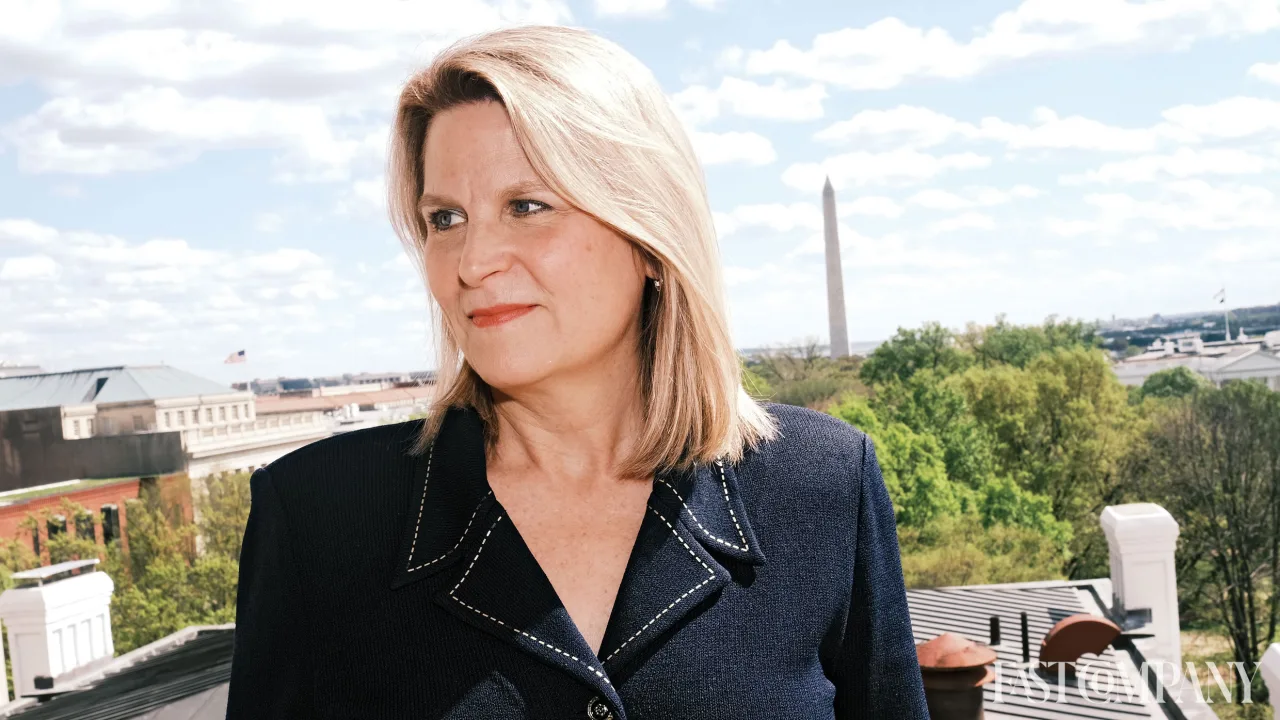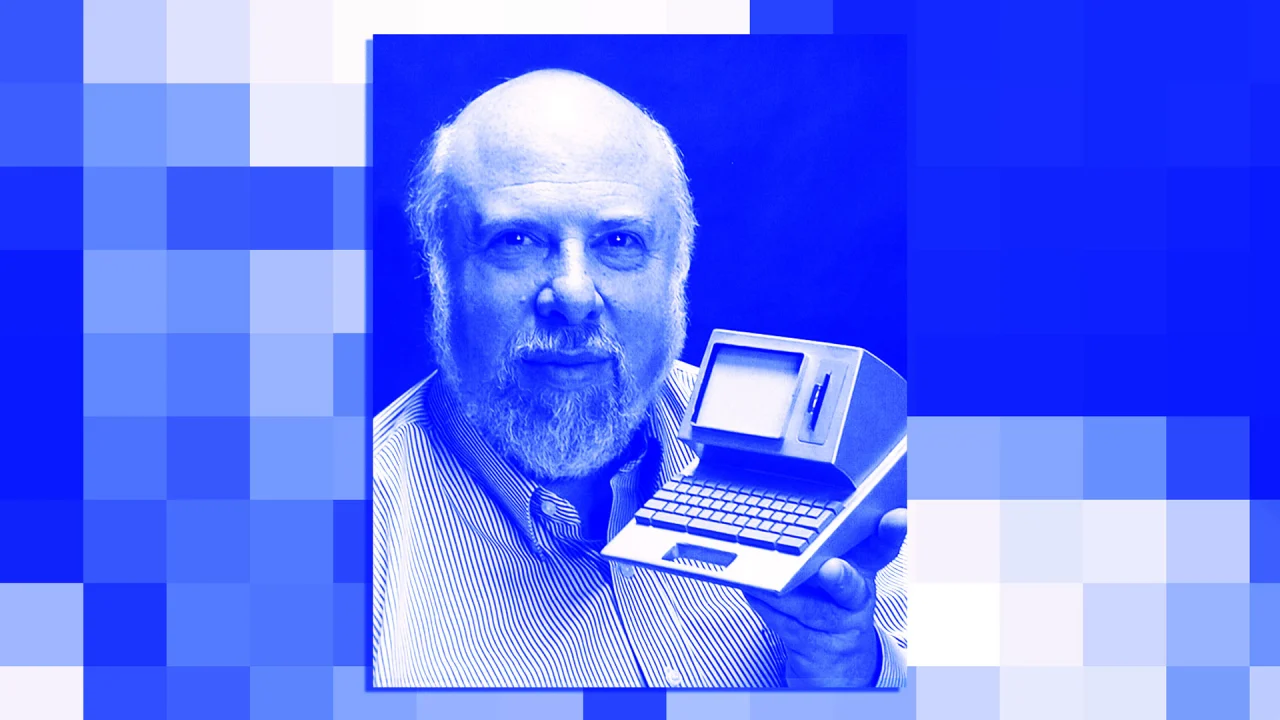io vs. iyO: The way your company sounds really does matter
It doesn’t matter how you spell it—homophones can get you sued for trademark infringement. The startup iyO has filed suit for trademark infringement against former Apple designer Jony Ive’s company io—which spells its name differently but sounds the same. OpenAI acquired Ive’s io last month for $6.5 billion with the goal of creating a new family of AI devices; iyO, which launched as an independent company from Google’s moonshot initiative X in 2021, makes an AI device of its own. The company describes its iyO One, an AI wearable worn like an earbud that’s available only as a preorder, as “the world’s first audio computer.” It reportedly pitched to Sam Altman’s investment fund and Ive’s design studio in 2021 and 2022, respectively. Following a ruling from U.S. District Judge Trina Thompson, OpenAI erased any mention of its deal with Ive over io on its website Sunday, including a promotional video. The company told The Guardian it took action because of iyO’s legal complaint, which will be addressed in a hearing come October. This page is temporarily down due to a court order following a trademark complaint from iyO about our use of the name “io.” We don’t agree with the complaint and are reviewing our options.https://t.co/suwMRPTHqB— OpenAI Newsroom (@OpenAINewsroom) June 22, 2025 OpenAI has reason to take iyO’s claims seriously. “Trademark infringement has been found in plenty of cases in which defendant’s mark is spelled differently from plaintiff’s but pronounced the same, even when the two terms have different meanings,” Alexandra Roberts, a professor of law and media at Northeastern University tells Fast Company. “The key question in infringement cases is likelihood of confusion.” The singer Pink filed suit last year over Pharrell Williams’s proposed P.Inc trademark, for example, and infringement has been found in cases like Seycos and Seiko, both watchmakers, and X-Seed and XCEED, which both made agricultural seed. “Courts assessing the likelihood of confusion between two marks consider a number of factors, including the similarity of the marks, relatedness of the goods and services, strength of the plaintiff’s mark, and sophistication of the relevant consumers,” Roberts says. “Similarity weighs toward a likelihood of confusion, and lack of similarity weighs against it.” The I/O naming convention, which stands for Input/Output, is popular with AI companies since their products generate AI output from user input. For iyO, blocking OpenAI from using the io name is about protecting its brand against the combined power of the maker of ChatGPT and a designer who’s worked with Apple on products like the iPhone and iPad. The outcome of the legal dispute could play a role in naming whatever the AI giant and design legend end up creating together.
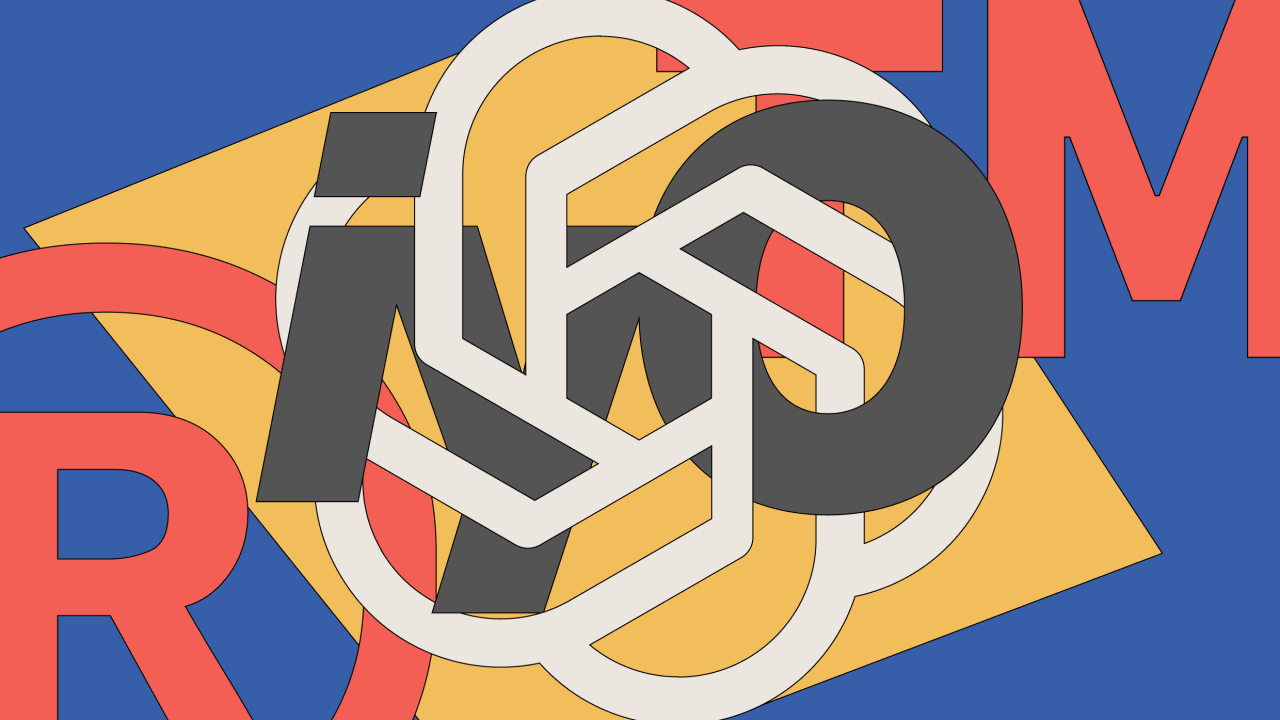
It doesn’t matter how you spell it—homophones can get you sued for trademark infringement.
The startup iyO has filed suit for trademark infringement against former Apple designer Jony Ive’s company io—which spells its name differently but sounds the same. OpenAI acquired Ive’s io last month for $6.5 billion with the goal of creating a new family of AI devices; iyO, which launched as an independent company from Google’s moonshot initiative X in 2021, makes an AI device of its own.
The company describes its iyO One, an AI wearable worn like an earbud that’s available only as a preorder, as “the world’s first audio computer.” It reportedly pitched to Sam Altman’s investment fund and Ive’s design studio in 2021 and 2022, respectively.
Following a ruling from U.S. District Judge Trina Thompson, OpenAI erased any mention of its deal with Ive over io on its website Sunday, including a promotional video. The company told The Guardian it took action because of iyO’s legal complaint, which will be addressed in a hearing come October.
OpenAI has reason to take iyO’s claims seriously. “Trademark infringement has been found in plenty of cases in which defendant’s mark is spelled differently from plaintiff’s but pronounced the same, even when the two terms have different meanings,” Alexandra Roberts, a professor of law and media at Northeastern University tells Fast Company. “The key question in infringement cases is likelihood of confusion.”
The singer Pink filed suit last year over Pharrell Williams’s proposed P.Inc trademark, for example, and infringement has been found in cases like Seycos and Seiko, both watchmakers, and X-Seed and XCEED, which both made agricultural seed.
“Courts assessing the likelihood of confusion between two marks consider a number of factors, including the similarity of the marks, relatedness of the goods and services, strength of the plaintiff’s mark, and sophistication of the relevant consumers,” Roberts says. “Similarity weighs toward a likelihood of confusion, and lack of similarity weighs against it.”
The I/O naming convention, which stands for Input/Output, is popular with AI companies since their products generate AI output from user input. For iyO, blocking OpenAI from using the io name is about protecting its brand against the combined power of the maker of ChatGPT and a designer who’s worked with Apple on products like the iPhone and iPad. The outcome of the legal dispute could play a role in naming whatever the AI giant and design legend end up creating together.






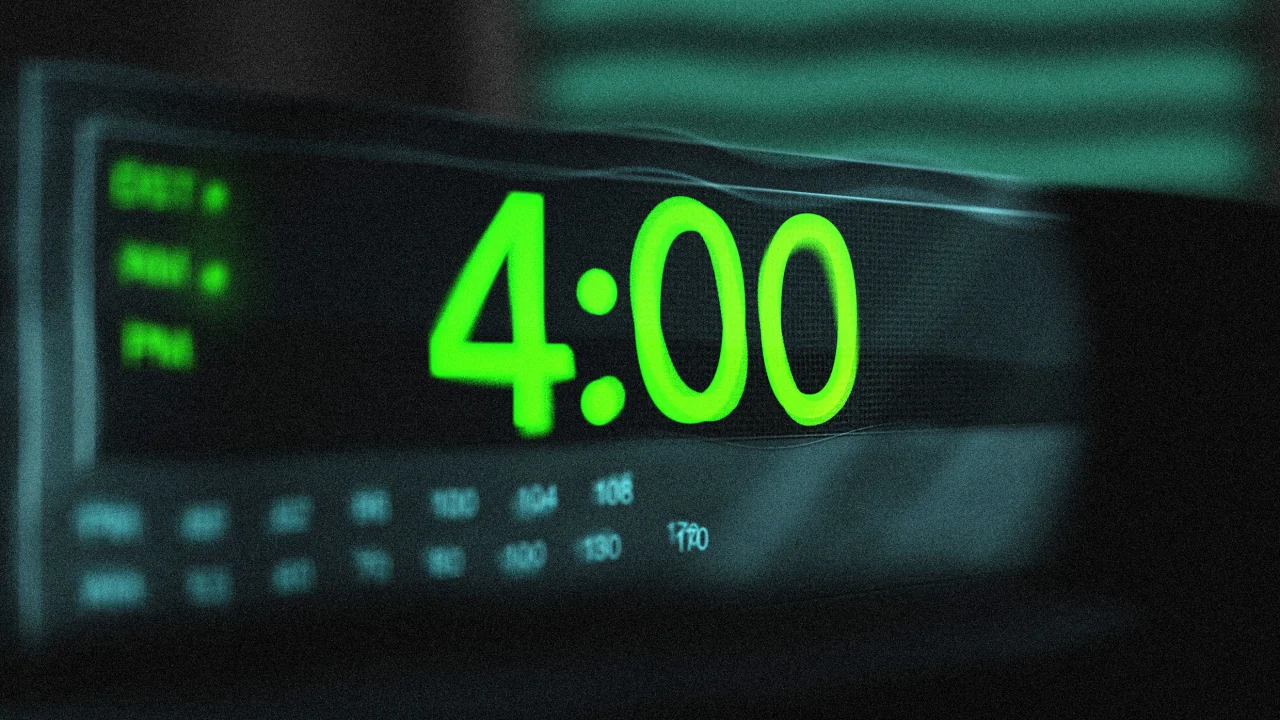
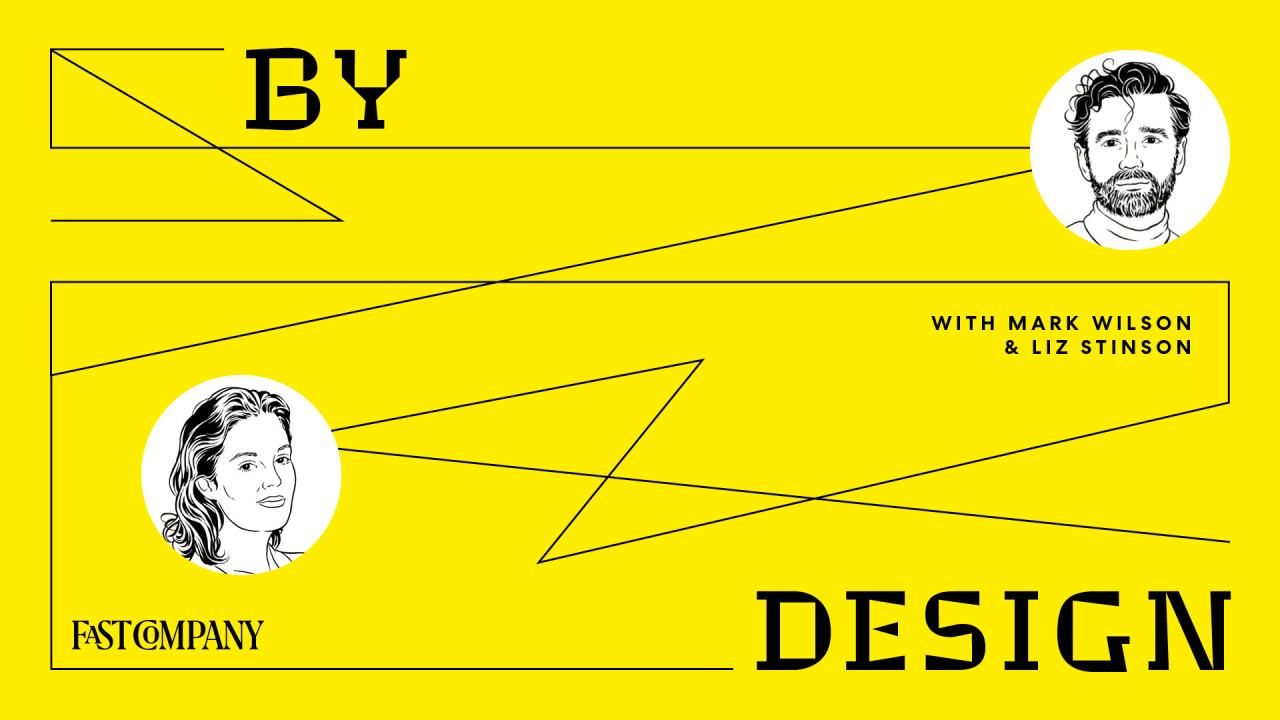
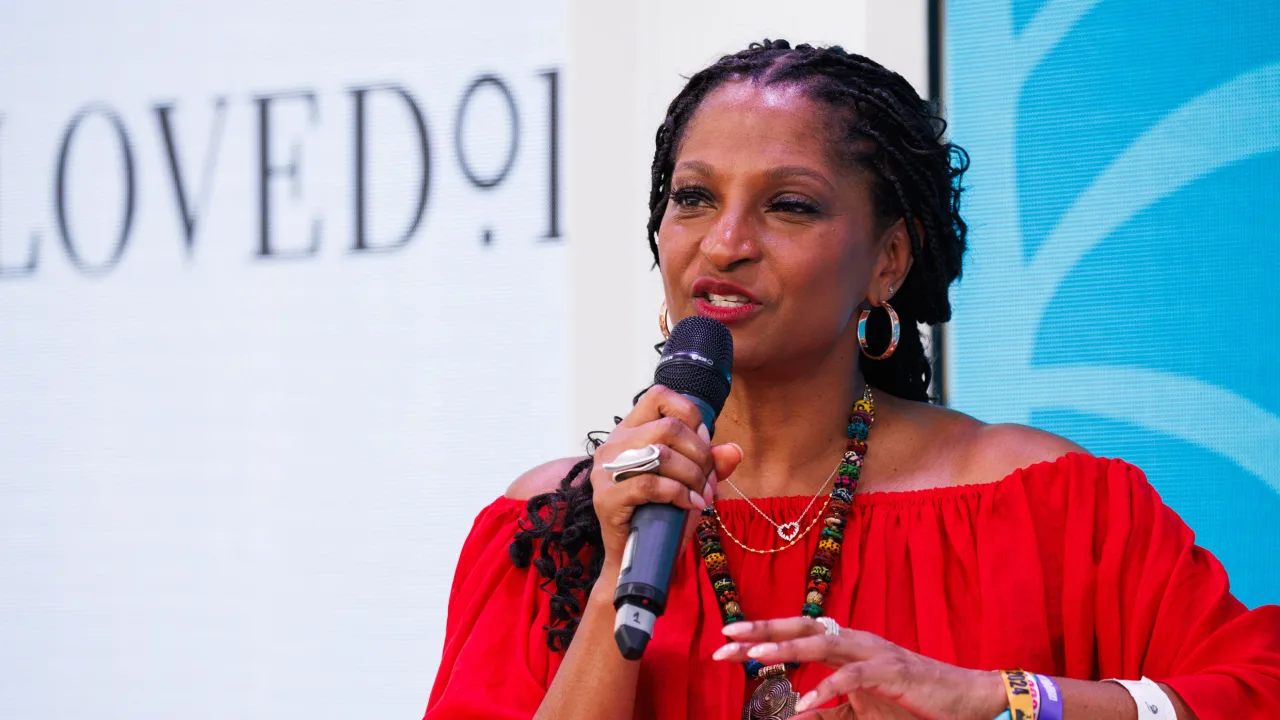

















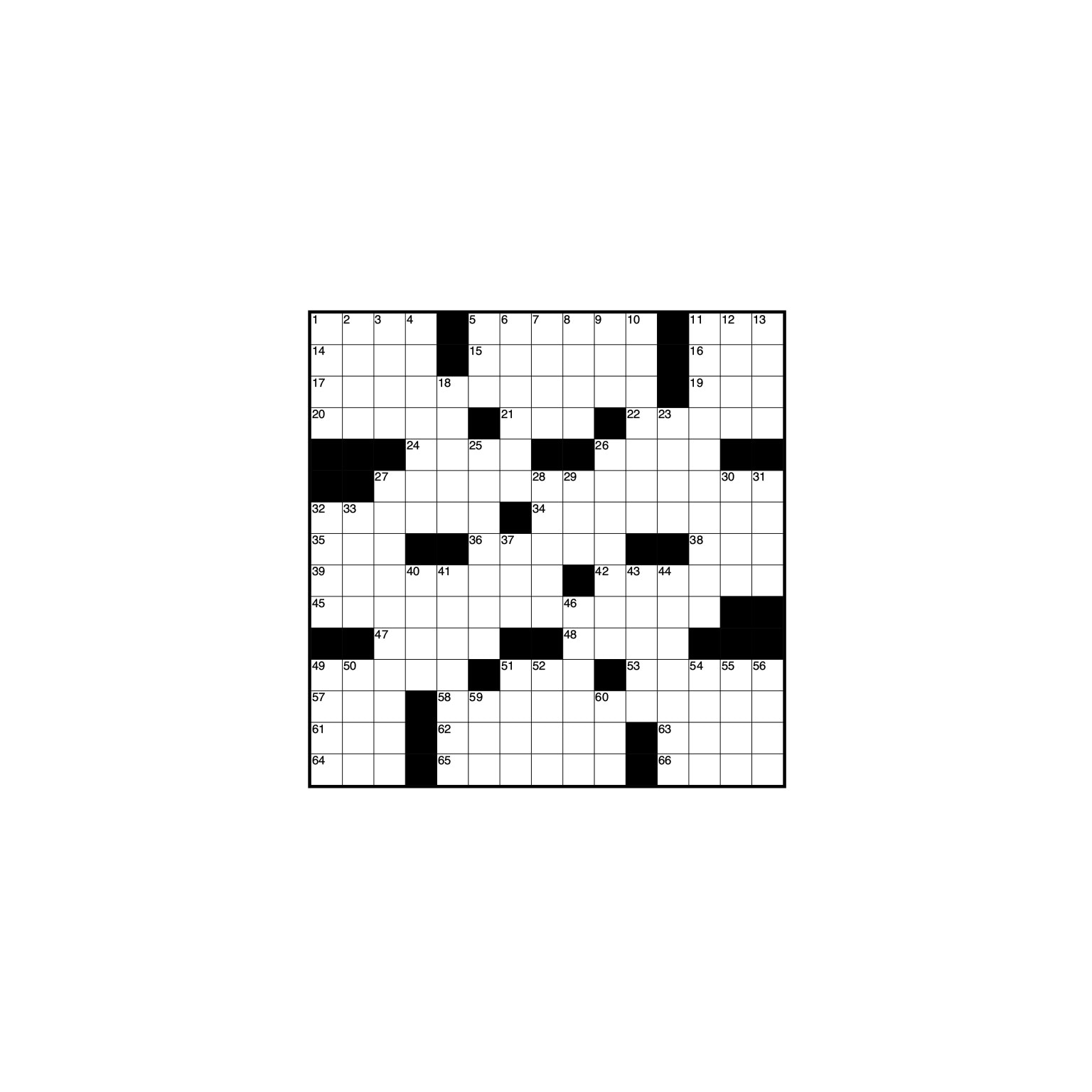
















































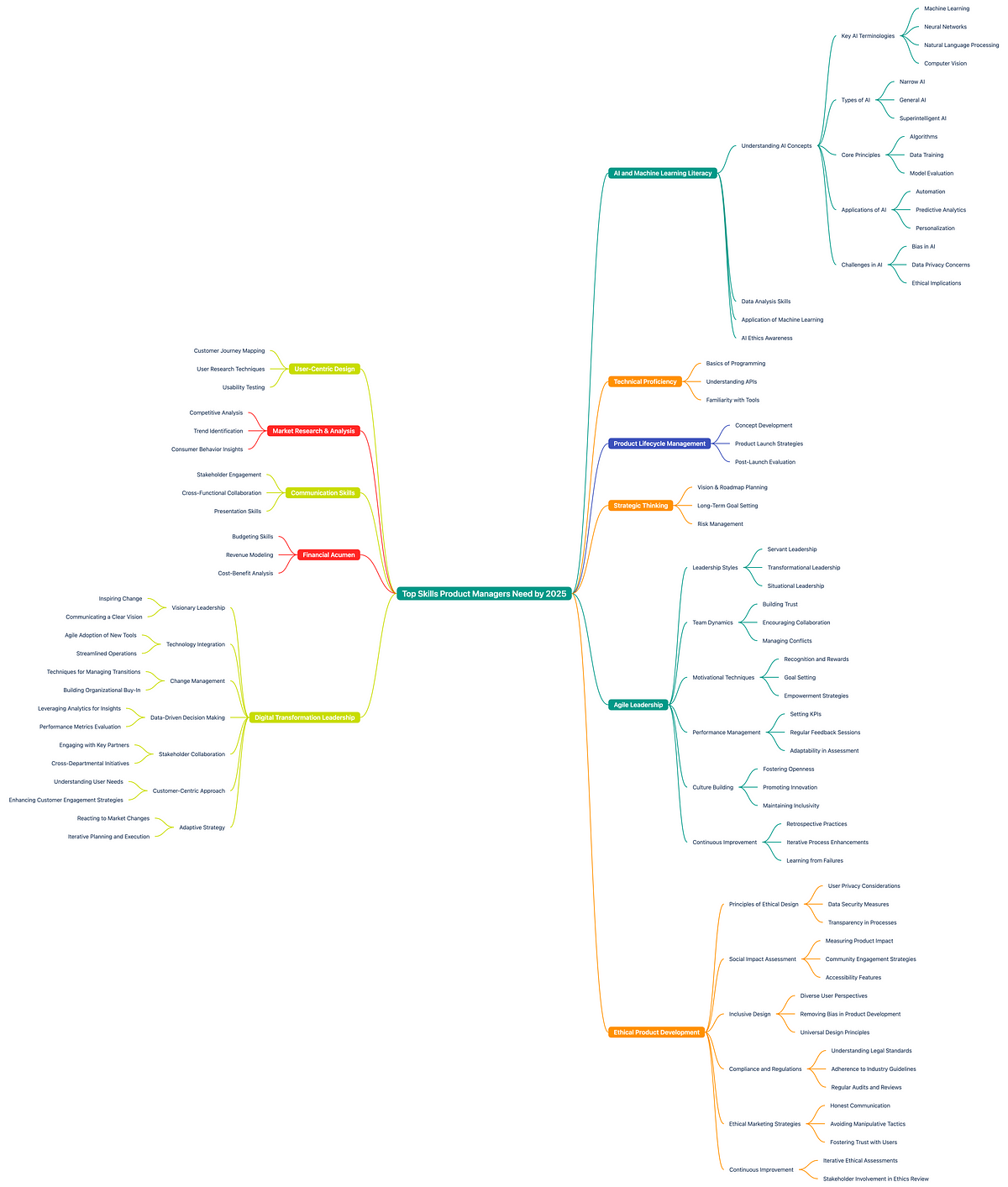
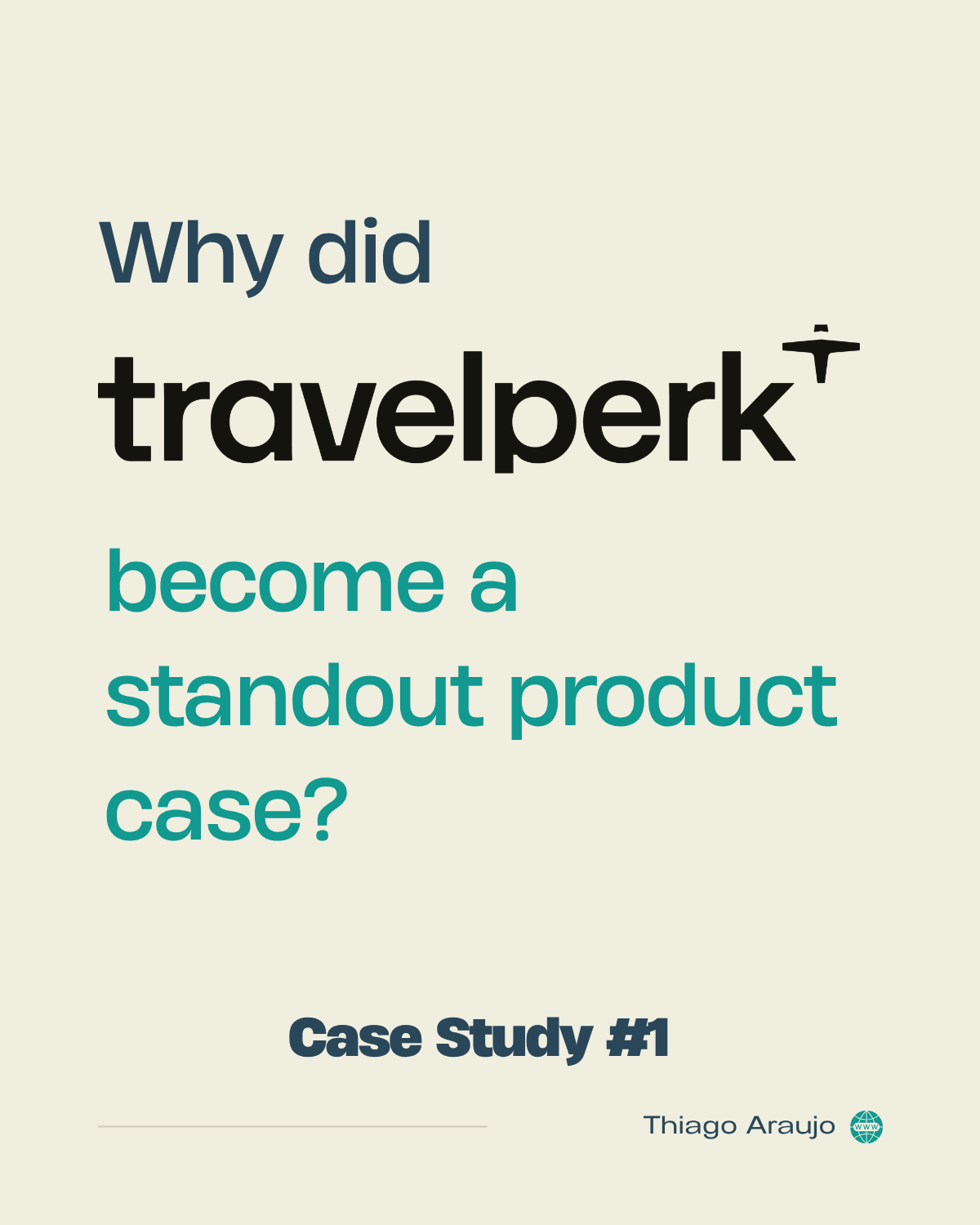

























![Building A Digital PR Strategy: 10 Essential Steps for Beginners [With Examples]](https://buzzsumo.com/wp-content/uploads/2023/09/Building-A-Digital-PR-Strategy-10-Essential-Steps-for-Beginners-With-Examples-bblog-masthead.jpg)



























![Senior Support Engineer - US West [IC3] at Sourcegraph](
https://nodesk.co/remote-companies/assets/logos/sourcegraph.f91af2c37bfa65f4a3a16b8d500367636e2a0fa3f05dcdeb13bf95cf6de09046.png
)














